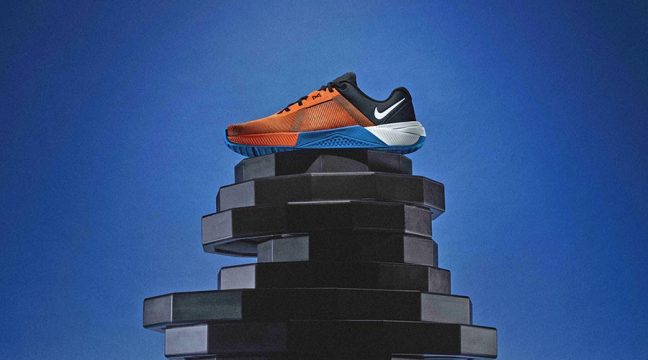Erik (“EJ”) Joule came to Strava from Levi Strauss & Co. in late 2014 and is charged with building the digital platform of Strava into a full-featured brand. Joule is a lifelong cyclist and was a member of Strava’s advisory board for a year before moving over from the fashion industry.
Strava designs technology for athletes and is the leading global community of runners and cyclists.
EJ is the former president and chief merchandising officer at Alternative Apparel. He spent 20 years in the apparel industry working for global brands such as Levi’s, Disney, Guess, Quiksilver and Gap Inc. Joule is a native of Corsica, France.
Why is Strava the face and social voice of the performance athlete today? Strava is truly a community of athletes. I think today we yearn to connect with one another and what better way than through sport? There is a competitive piece to it indeed, a way to rank yourself against yourself and others is important for all of us athletes, it unlocks our potential. However, the Strava community goes way beyond this. This is a place where pros and amateurs both converse and connect. It is a place where deep technical analysis of one’s performance is possible and a place where having fun, sharing photos and connecting with one another via flybys is also possible. Strava leans into a cultural movement, rooted in our desire to go beyond our potential through performing our sports and connecting with one another.
What are your greatest passions beyond business? I love riding my bike wherever I can… Vermont, Corsica, New Zealand and of course California, which is my home. I’m inherently passionate about people because I have such deep faith in our ability to do good. I love each story I hear, whether it is in a five-minute connection at a bike stop or a multiple year friendship, each story reminds me of our diversity which is our core strength as a people. I am passionate about the conjunction “and” versus the conjunction “or.” That is what humans are about…a series of “ands.” I love that.
What good are you trying to do at Strava? We help people go beyond what they thought possible via sport, and that to me is incredibly powerful. This is not only being the best in your field, but is about being better than you ever thought you could be. This builds confidence and enables people to think beyond the possible. We are very committed to enabling our urban centers in becoming more connected and more green by facilitating the creation of better bike lanes via the data we provide through Strava Metro. This is something I am personally very committed to. Fifty percent of us live in cities. It is paramount we reduce their environmental impact by minimizing our reliance on cars. Strava Metro aims to make urban planning smarter.
How has your background in the apparel industry influenced what you are doing at Strava? The apparel industry is not dissimilar to Strava – it has a go-to-market process, it has product, it has communication mechanisms. It does, however, ultimately exist through a tangible experience. At Strava we are juxtaposing our digital community with rich analogue experiences, it is this balance that I learned in apparel that I think is very relevant.
How are all things in life connected and how does the bike fit in to that? They are all a reaction to the broader context in which we operate. Ultimately, I think life teaches us if we are willing to listen. The Greeks figured that out with many allegories, which are still being pondered today. The bike for me is the ultimate allegory for life…It requires clarity and balance, it demands discipline and perseverance, it is about team work in the flats, it is about sole determination in the climbing of steep hills, and extreme focus and flow in descending…that is life in a nutshell, that is how the bike fits in.
What’s your advice to young people coming up in the active lifestyle industry? Youth is paramount. My advise to Gen Xers is to ensure we make it as easy as possible for them, that we embrace their lack of experience as a weapon to innovate. My advise to the young generation is not to lose the incredible ebullience and curiosity that technology is enabling and dare to think that business can be a source of economic wealth and social change. My advice is never to settle, always question but always believe with the optimism and the innocence of a child.









